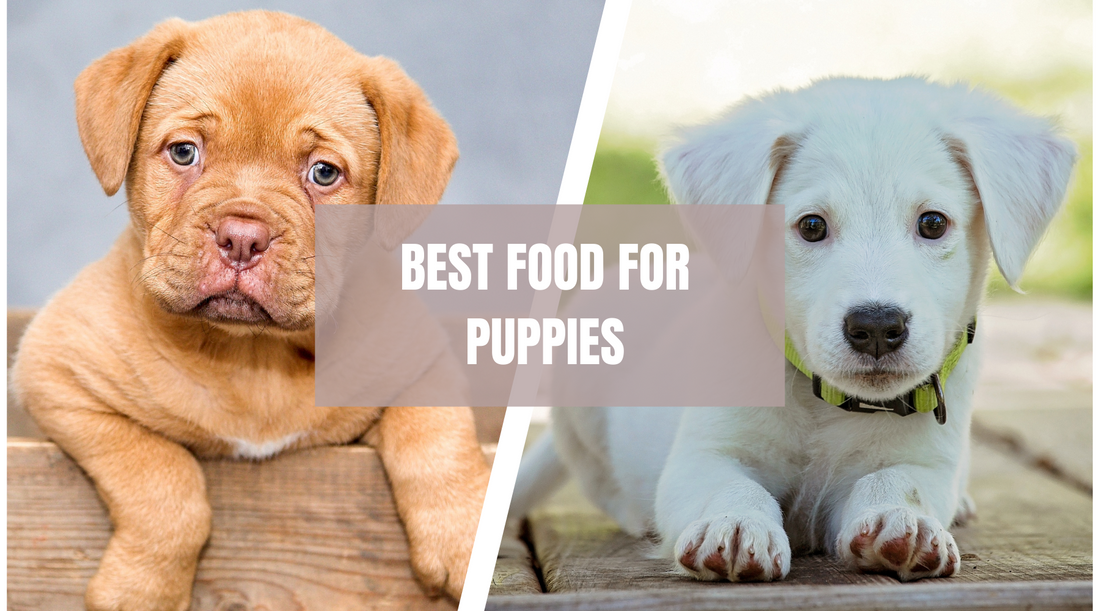Each dog's breed and nutritional requirements determine the food. When picking food for your dog, there are various crucial elements to consider, but there are several basic traits that a decent food should have:
- There are no contentious chemical preservatives in this product.
- No controversial chemical preservative
- Must not have unknown meat ingredients
- No artificial colours
- Must not have generic animal fats
- Must have substantial amounts of meat-based protein
- Fat to protein ratio of 75% or less
- moderate carbohydrate content
Let us not be ashamed to say that we have frequently picked our dog's food entirely based on price, budget, or even the most compelling advertising, ignoring what is best for him. However, failing to pay attention to how we feed our pets can result in death. And the health of our dog is not something we should take chances with.
What Should Be in Your Dog's Food?
A good concentrated meal should contain proteins (such as red meat, chicken, fish, or turkey), carbs (oats, grains, and vegetables), and animal and vegetable fats to meet your pet's nutritional demands.
Because they are descended from wolves, their diet is purely carnivorous; this means that animal protein should make up most of their diet – and whatever concentrate you choose. And it is these that are necessary for the dog's optimal development at all phases of its life.
Whether a puppy, an adult, or an elderly dog, all dogs require protein to maintain their body structure, organ function, and immune system. They'll need 22 amino acids (organic molecules that make up proteins) to accomplish this, but they can only synthesise 12 of them. The rest will have to get them through eating. Arginine, histidine, isoleucine, leucine, lysine, threonine, phenylalanine, tryptophan, valine, and methionine are essential amino acids.
As a result, while choosing food, the quality of the protein is also important because not all of them contain the same levels of amino acids that are usable by the animal's cell, which is referred to as "biological value."
The egg, for example, is one of the foods that give the dog the most biological value, followed by fishmeal, milk, and beef. Chicken is a good source of protein as well.
What should not be included?
Knowing that your pet's diet should consist primarily of high-quality protein, the next step is to determine which foods do not meet his nutritional requirements.
Due to its inexpensive cost, corn, or cornmeal, is one of the most commonly used fillers in concentrated diets. However, many dogs find it difficult to digest or are sensitive to it, as well as soy and wheat; therefore, cereals made from barley, oats, brown rice, millet, or quinoa grains will be preferable.
However, it is important to ensure that the number of grains does not surpass the number of animal-derived products, which is a regular occurrence in low-cost versions on the market. Excess can cause skin or gastrointestinal disorders, otitis, and poor body odour.
By-product foods are likewise not advised because they are made up of trash from food processing factories. Some concentrates are labelled "human-grade," indicating that all constituents are safe for human ingestion.
Chemical preservatives such as ethoxyquin, BHT, BHA, or propylene glycol may have hazardous effects in the long run; consequently, it must be preserved in a mixture of tocopherols, an organic chemical family that protects fatty acids. Yeast, synthetic vitamin K, and dyed foods should also be avoided.
The same goes for dog treats - find the best natural treats that have the least preservatives and chemicals to treat your puppy.
Noseprint dog treats are specialised in just that. We source the best products for the dogs.


